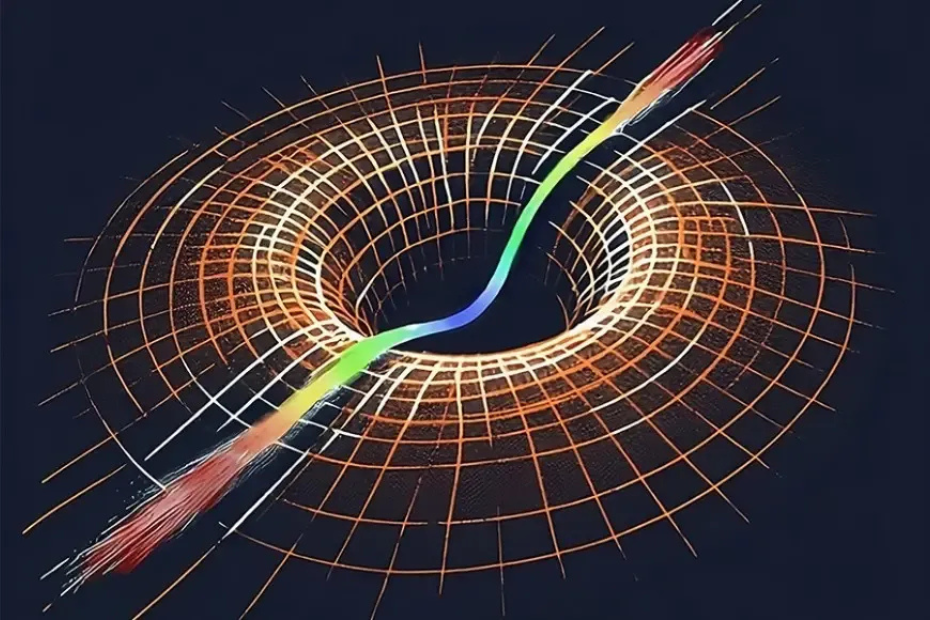The Illusion of Linearity
For centuries, humans have grappled with the elusive concept of time, often perceiving it as a linear progression, a one-way journey from past to future. This linear model has been the cornerstone of our understanding of the universe, shaping our philosophies, religions, and scientific theories. However, recent groundbreaking discoveries in physics are challenging this long-held belief, suggesting that time may not be as straightforward as we thought.
Quantum Mechanics and the Blurring of Time
At the heart of this paradigm shift lies quantum mechanics, a theory that describes the behavior of matter and energy at the smallest scale. One of the most perplexing aspects of quantum mechanics is the concept of quantum superposition, which allows particles to exist in multiple states simultaneously. This phenomenon challenges our classical understanding of time, as it implies that events can occur in multiple timeframes, blurring the lines between past, present, and future.
Experiments in quantum entanglement have further deepened the mystery. When two particles become entangled, they share a quantum connection, regardless of the distance between them. Any action performed on one particle instantaneously affects the other, suggesting a non-local connection that transcends the limitations of spacetime. This phenomenon raises questions about the nature of causality and the flow of time, hinting at a more interconnected and non-linear universe.
The Role of Gravity and Black Holes
Einstein’s theory of general relativity, which describes gravity as a curvature of spacetime, also offers intriguing insights into the nature of time. Near massive objects like black holes, the curvature of spacetime becomes so extreme that time can slow down or even stop. This suggests that time is not a constant, but rather a variable that can be influenced by gravity.
Furthermore, some theories propose that black holes may act as portals to other universes or time periods. If this is true, it would imply that time is not a singular dimension but a complex web of interconnected timelines.
The Emergence of a New Paradigm
The convergence of quantum mechanics and general relativity has led to the development of new theories, such as loop quantum gravity and string theory, which attempt to reconcile these two fundamental forces of nature. These theories suggest that spacetime is not a smooth continuum but a discrete, granular structure, composed of tiny units of space and time. This granular nature of spacetime could explain the non-linear behavior of time observed at the quantum level.
While these theories are still speculative and require further experimental verification, they offer a tantalizing glimpse into a universe where time is not a rigid, linear progression but a dynamic, flexible entity. As scientists continue to explore the frontiers of physics, we may be on the verge of a new era of understanding, where the boundaries between past, present, and future are blurred, and the concept of time itself is redefined.
The Implications for Humanity
A deeper understanding of the nature of time could have profound implications for humanity. It could lead to the development of advanced technologies, such as time travel or the ability to manipulate time itself. It could also shed light on the nature of consciousness and the meaning of existence.
As we embark on this new era of scientific exploration, it is important to approach these ideas with an open mind and a willingness to challenge our preconceived notions. By embracing the unknown and exploring the limits of human understanding, we may unlock the secrets of the universe and gain a deeper appreciation for the intricate tapestry of time.

